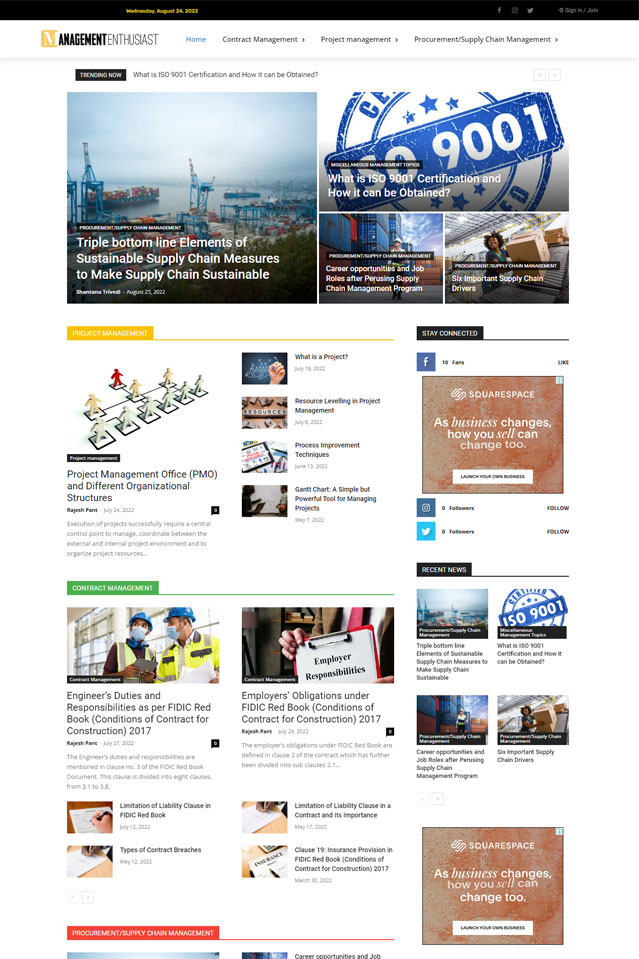Portfolio Management Services (PMS) is a professional investment management service that offers personalized portfolio management to high-net-worth individuals (HNWIs) and institutional investors. It is designed for those who seek more customized and active management of their investments, compared to traditional mutual funds or other passive investment options.
Key Features of PMS
- Customization:
- PMS allows for a high degree of customization based on the investor’s financial goals, risk tolerance, and investment horizon. The portfolio manager tailors the investment strategy to meet the specific needs of the client.
- Professional Management:
- The portfolio is managed by a professional portfolio manager or a team of experts who actively make decisions about buying, selling, and holding various securities to achieve the best possible returns.
- Direct Ownership:
- In PMS, the investor owns the underlying securities directly, as opposed to owning units in a mutual fund. This means that the portfolio is constructed specifically for the individual investor, and they have a direct claim on the assets.
- Transparency:
- PMS typically offers greater transparency compared to other investment options. Investors can see the exact composition of their portfolio, track performance, and understand the rationale behind investment decisions.
- Personalized Reporting:
- Investors receive regular and detailed reports on the performance of their portfolio, including insights into individual investments, market trends, and any changes in strategy.
- Minimum Investment Requirement:
- PMS typically has a high minimum investment requirement, often in the range of INR 50 lakhs (in India) or equivalent amounts in other countries. This makes it more suitable for HNWIs and institutional investors.
- Types of PMS:
- Discretionary PMS: The portfolio manager has full discretion to make investment decisions on behalf of the client, without the need for client approval for each transaction.
- Non-Discretionary PMS: The portfolio manager provides advice and recommendations, but the client makes the final decision on every transaction.
- Advisory PMS: The manager only offers investment advice, and the client manages their own portfolio based on this guidance.
- Fee Structure:
- PMS providers typically charge a management fee, which can be a flat fee or a percentage of the assets under management (AUM). Some also charge a performance fee based on the returns generated above a certain benchmark.
- Risk and Returns:
- PMS can be riskier than mutual funds because it involves active management and is usually concentrated in a smaller number of securities. However, it also has the potential for higher returns due to the personalized approach and active management strategy.
Who Should Consider PMS?
- High-Net-Worth Individuals (HNWIs): Investors with significant assets who are looking for personalized investment strategies tailored to their financial goals.
- Investors Seeking Active Management: Those who prefer an active management approach and want to have more control over the selection of securities in their portfolio.
- Investors with Specific Financial Goals: PMS is suitable for investors who have specific financial objectives, such as wealth preservation, income generation, or aggressive growth, and want a customized portfolio to achieve those goals.
Benefits of PMS:
- Tailored Investment Strategy: Each portfolio is designed according to the investor’s unique financial situation and goals.
- Active Management: Professional managers actively manage the portfolio to take advantage of market opportunities and mitigate risks.
- Potential for Higher Returns: The personalized and active management approach can potentially lead to higher returns compared to more passive investment options.
- Transparency and Control: Investors have greater visibility into their investments and can work closely with the portfolio manager to align the portfolio with their expectations.
Drawbacks of PMS:
- Higher Costs: PMS tends to have higher fees compared to mutual funds, which can impact net returns.
- Higher Minimum Investment: The high entry point may not be accessible to all investors.
- Concentration Risk: PMS portfolios may be more concentrated in specific sectors or stocks, which can increase risk.
Portfolio Management Services are an excellent option for sophisticated investors looking for a more personalized, actively managed investment approach. However, it’s important to carefully consider the costs, risks, and whether PMS aligns with your investment objectives before committing.




